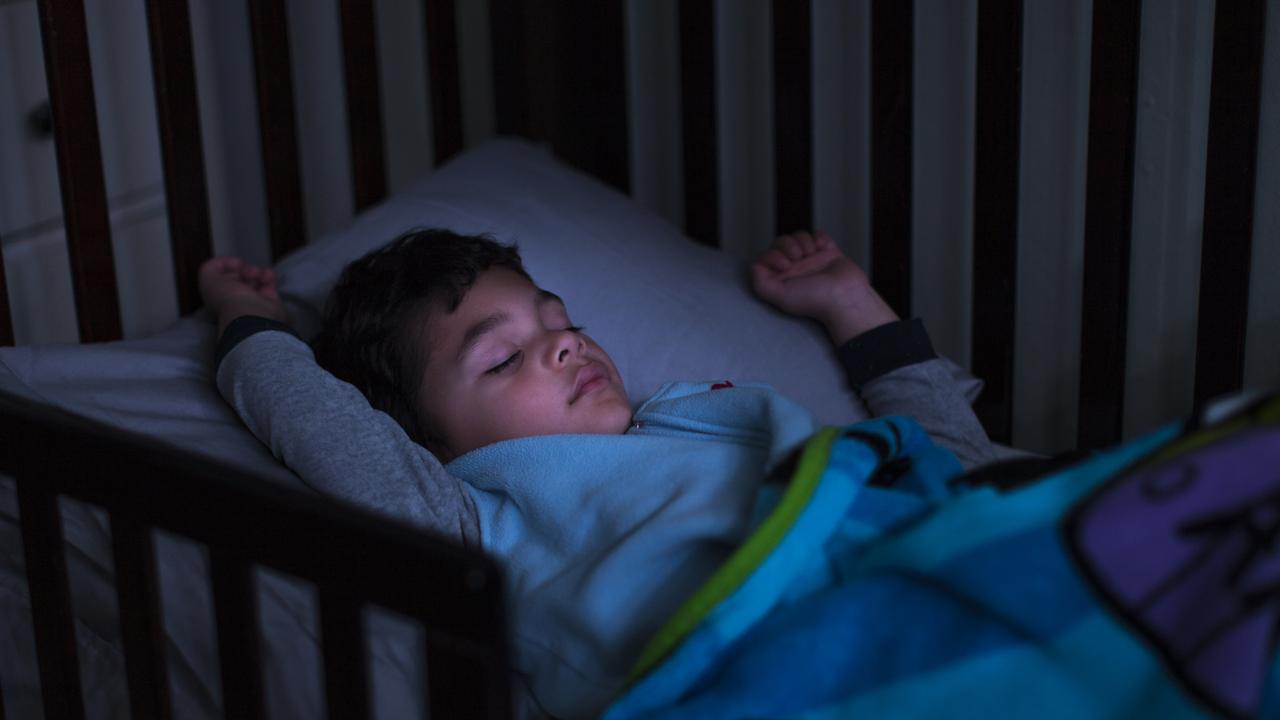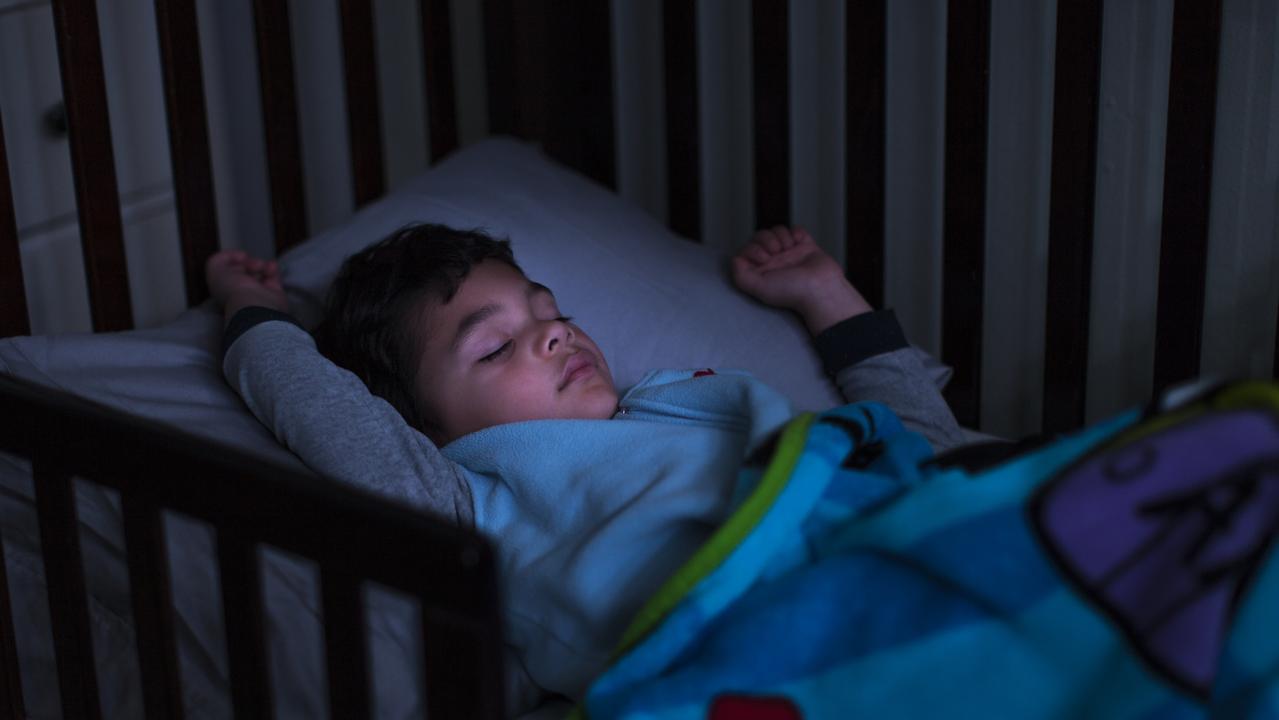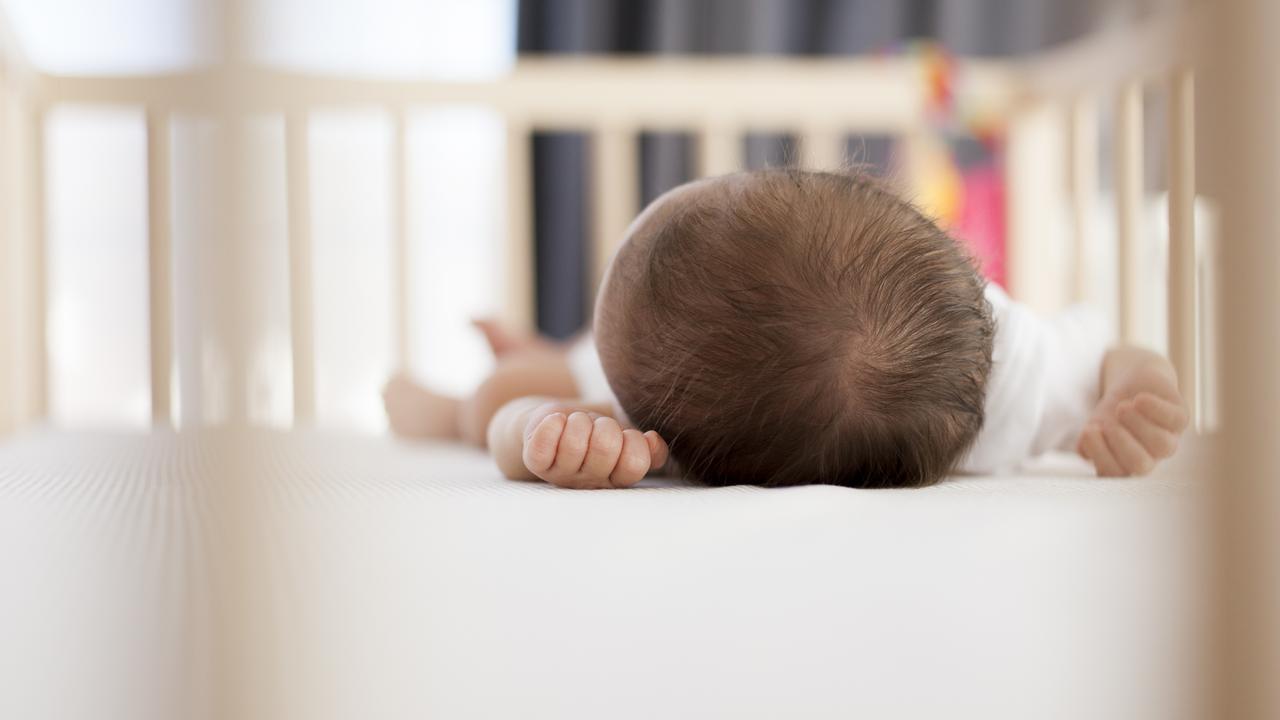Major breakthrough as possible cause of sudden toddler deaths revealed
New research has shed major new light on the cause of unexplained toddler deaths by looking at recordings of children sleeping.

A possible cause for sudden deaths in toddlers has been revealed after video recordings shed new light on the unexplained tragedies.
Researchers from New York University analysed medical records and video footage of children sleeping before they died, hoping to unlock news information about Sudden Unexplained Deaths in Toddlers (SUDC) – which claims the lives of 400 children in the US each year.
In a major breakthrough, the study, published in the journal Neurology this week, identified a possible “smoking gun”, finding brief seizures accompanied by muscle convulsions may be the cause.

During the study, researchers looked at 301 cases of SUDC where there was no identified cause of death.
A group of physicians analysed seven cases containing home video of children’s last sleep period, captured by home security or “crib cameras”.
Continuously recorded video footage showed a “convulsive event” lasting less than 60 seconds had occurred before the children’s death.
After considering the evidence, the study noted “recordings in seven toddlers with unexplained sudden deaths strongly implicate that deaths were related to convulsive seizures”.
Study lead investigator Laura Gould, whose daughter died of SUDC at 15 months old, said the “study, although small, offers the first direct evidence that seizures may be responsible for some sudden deaths in children, which are usually unwitnessed during sleep”.
Senior investigator and neurologist Orrin Devinsky also praised the findings, saying “convulsive seizures may be the ‘smoking gun’ that medical science has been looking for to understand why these children die”.
Seizures are sudden, uncontrolled burst of electrical activity in the brain, which can caused by a head injury, stroke, brain infections, brain tumours, epilepsy, birth trauma and some genetic factors.

More Coverage
Research into sudden deaths in infants and young children remains limited as most deaths occur during sleep and go unwitnessed.
In 2020, there were 100 Sudden and Unexplained Deaths in Infants (SUDI) across Australia. That same year, there were 25 sudden deaths in infacnts under one years of age, according to Red Nose Day.
Dr Devinsky noted further research is needed to determine if seizures are frequent occurrences in sleep-related deaths in toddlers, and potentially in infants, older children, and adults.





